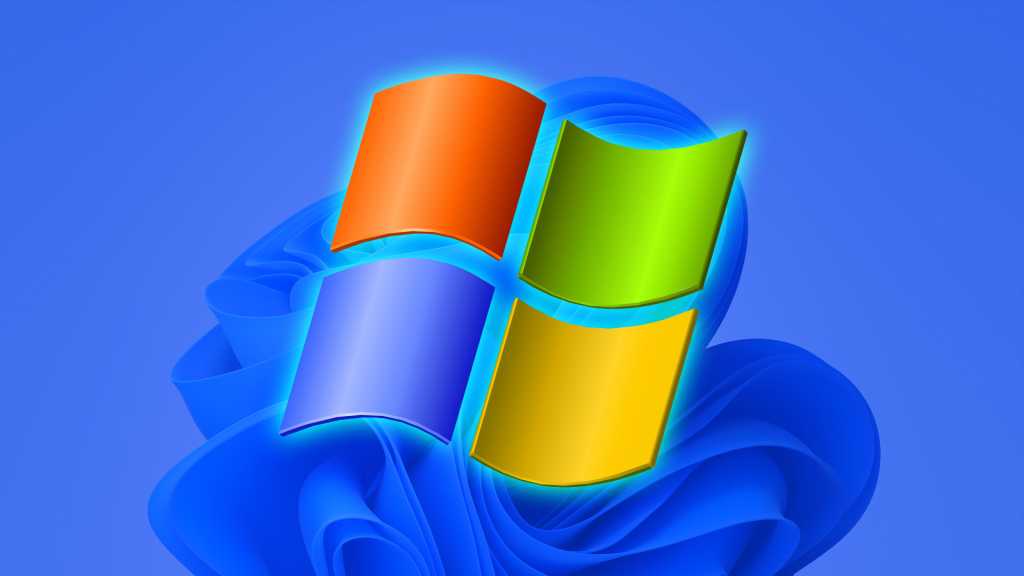
Ancient technologies like Windows XP, Commodore 64, and legacy COBOL programs are still being used for all kinds of critical functions, and here’s another example to add to the list. The US Federal Aviation Administration (FAA) still relies on Windows 95 and floppy disks for air travel, though hopefully not for too much longer.
NPR reports that the FAA wants to finally bring the United States’ aviation control system up to 21st century standards—and that means getting rid of floppy disks. The legacy storage format is still used in many air traffic control towers, in computers that still run on Windows 95. In some cases, paper flight strips are still used.
The 1990s control air traffic in the USA
The lives of millions of passengers and crew members depend on software and hardware from the 1990s. Back then, Bill Clinton was still President and Bill Gates was still head of Microsoft.
According to the FAA, this antiquated technology is used on about one-third of all flight control systems, and some of these systems are now starting to fail. A recent example is the radar and communication failures that led to significant delays and cancellations at Newark Liberty International Airport in New Jersey. On top of this, maintaining such old IT equipment requires a lot of money and arcane knowledge.
The US Secretary of Transportation now wants a brand new air traffic control system (PDF). So far, there’s been no official word on costs, but it could surpass tens of billions of dollars. The switch to a modern air traffic control system (PDF) could be completed in four years if all goes well, but it does sound like a very ambitious plan.
Further reading: Yes, you can still use floppy disks with Windows 11!
This article originally appeared on our sister publication PC-WELT and was translated and localized from German.


